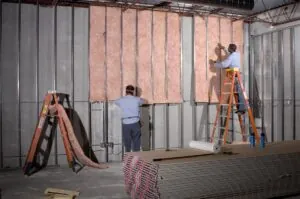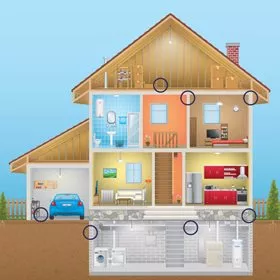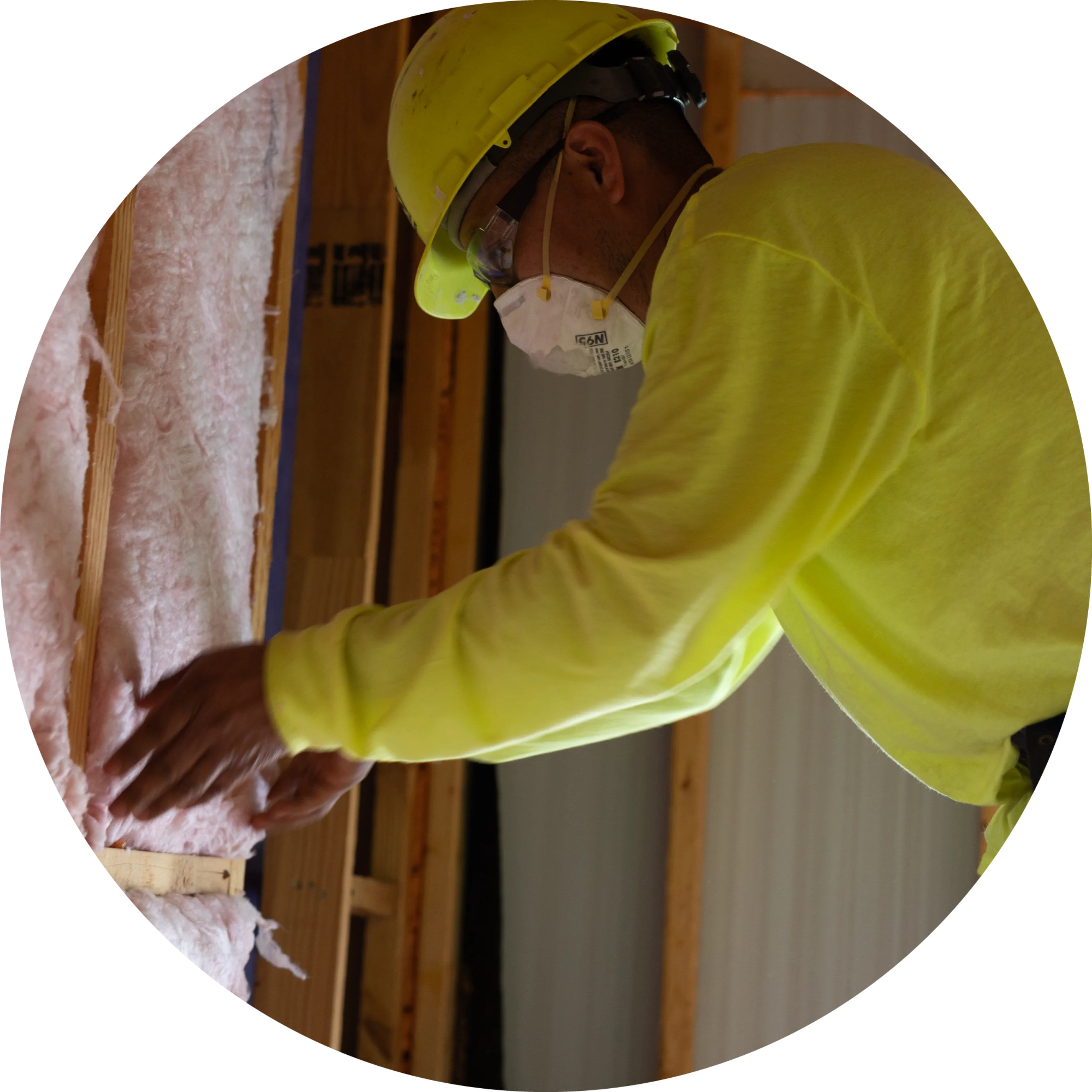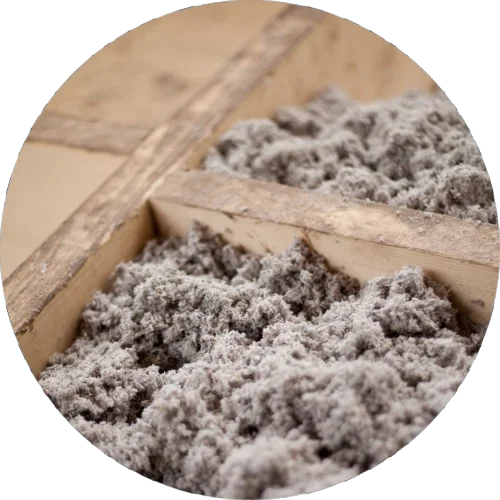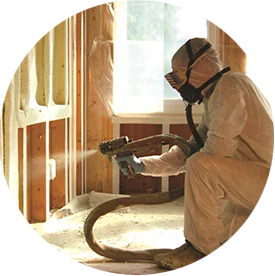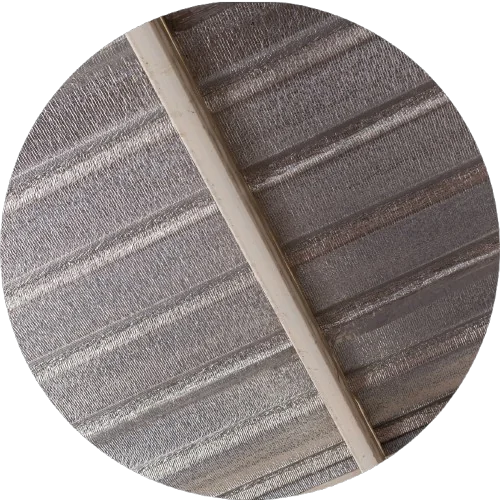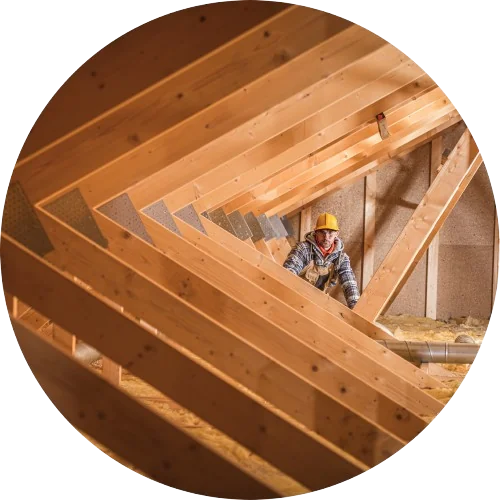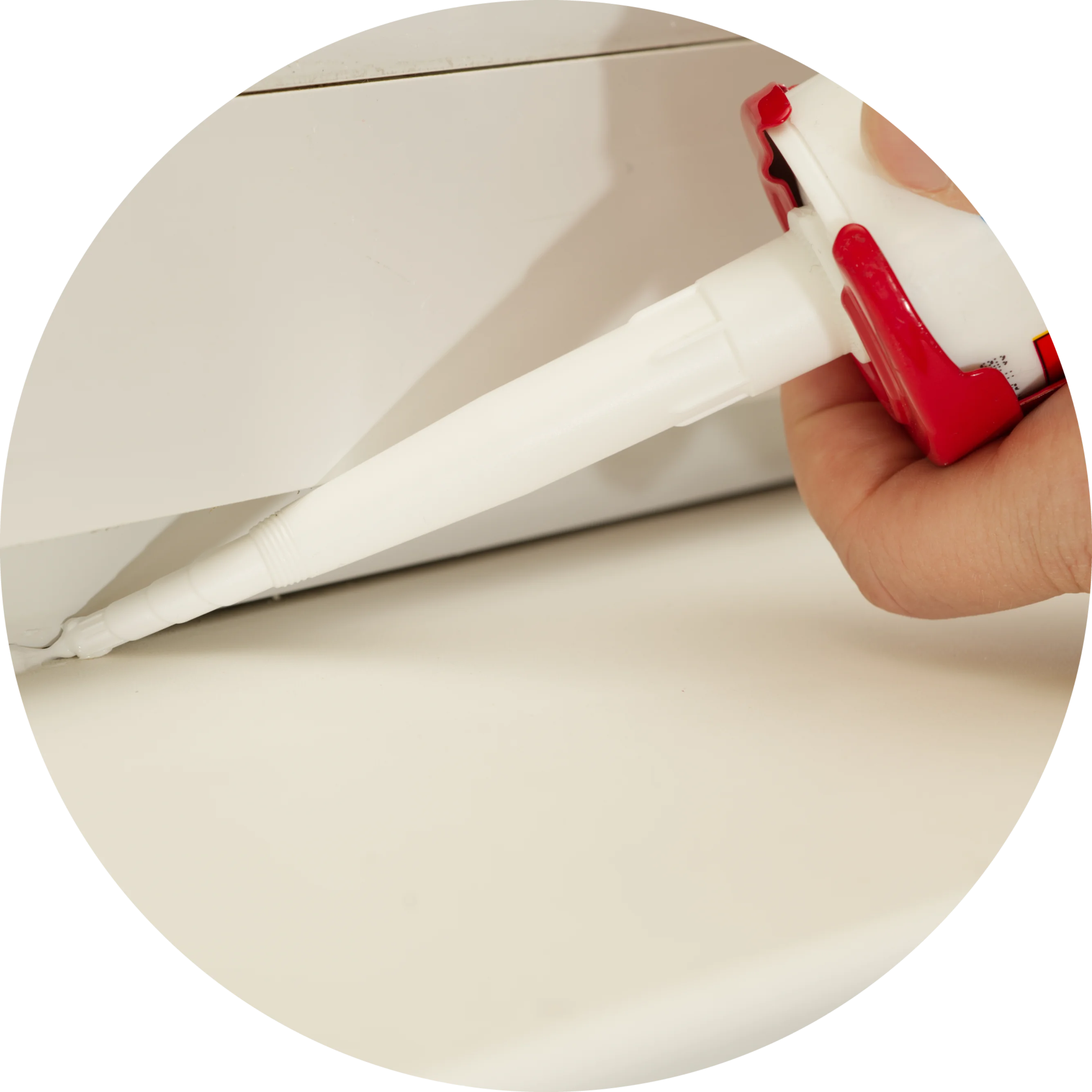Insulation in commercial buildings is extremely important to maintain comfort and energy efficiency. A lack of insulation can make your HVAC system work harder, costing you money.
If you use your building to house products or livestock, effective insulation is a safety requirement that affects your bottom line. It’s important to understand your commercial insulation needs to better balance the indoor climate of your building.
This article will discuss what insulation options work best for commercial buildings and how to ensure your building is insulated effectively.
Types of Commercial Insulation
There’s a wide selection of insulation materials available, each with unique benefits depending on your needs. It’s important to select the one that’s best suited to your space.
Types of commercial insulation include:
- Fiberglass (batts and blown-in)
- Cellulose (blown-in)
- Spray foam
- Rigid board
- Radiant barrier
- Denim
- Vinyl
What Commercial Buildings Need Insulation?
In theory, all commercial properties would benefit from insulation. However, some businesses in select industries require proper insulation to make the space functional and safe.
These spaces include:
- Barns and other agricultural buildings: Today’s farming processes require efficient buildings where temperature and humidity can be controlled. The right amount of insulation can help. From the almond farms that populate the Sacramento area to orchard sheds, cattle barns and more, most agricultural buildings need commercial insulation.
- Warehouses: Warehouses, distribution centers and other industrial buildings are nearly always insulated for better thermal efficiency, soundproofing and more. These metal structures often require vinyl insulation (used for many commercial applications).
- Offices: Insulation installed in office walls and ceilings helps keep overhead costs down, improves overall energy efficiency and reduces noises from outside (especially helpful if the office is in a loud, high-traffic area) and between different rooms and levels inside.
- Other buildings that should be insulated: Hospitals, retail centers, hotels, restaurants and more.
Factors To Consider When Choosing Insulation for Your Commercial Building
Two big things to consider when narrowing down your insulation options are the purpose of your building and what it houses.
Agricultural, industrial and corporate spaces use insulation in different ways to help improve productivity, increase profitability, reduce energy bills, and provide energy efficiency.
What industry does your building serve?
Other contributing factors include the construction of your building and where it’s located. Buildings in colder environments might need more insulation than warmer environments.
Buildings with attics might need attic insulation. A professional contractor takes all these things into consideration to provide the best insulation selection.
Turn to the Commercial Insulation Experts in Sacramento
When it comes to making the right insulation choice, the first step is selecting the top company to get the job done. At Gold Star Insulation, you’re guaranteed access to the best insulation practices and installation methods in the industry.
With exceptional customer service, an A+ rating from the Better Business Bureau (BBB) and skilled contractors backing you throughout the entire process, you can rest easy knowing your commercial property is in the hands of professionals.
We can help you determine the right insulation for your commercial building when you speak to one of our insulation contractors.

